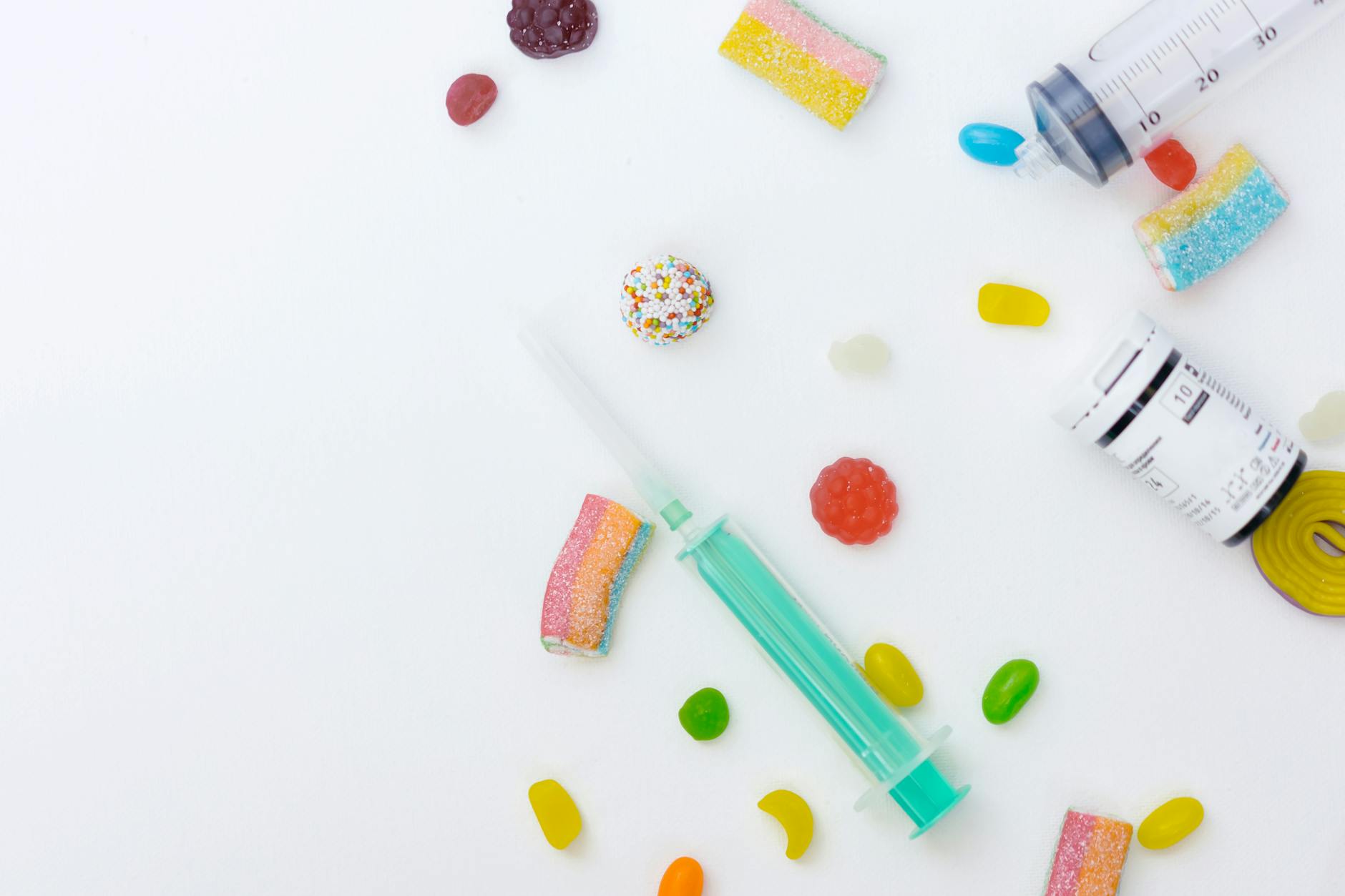Uncover the hidden dangers of crossing the line from tolerance to addiction in consumption. Are you at risk? Find out now.
Table of Contents
When it comes to substance consumption, the line between enjoyment and addiction can often be blurred. Understanding the science behind how much is too much is crucial in managing consumption and preventing addiction. In this blog post, we will explore the intricacies of substance metabolism, individual tolerance, and the various factors that influence addiction.
Substance Metabolism and Individual Tolerance
Substances, once consumed, undergo a complex process known as metabolism within the body. This process varies depending on the substance and can impact how quickly it is eliminated from the body. Individual tolerance also plays a significant role in determining how much of a substance a person can consume before experiencing adverse effects.
For example, alcohol is metabolized primarily in the liver through the action of enzymes. Some individuals may have a higher tolerance for alcohol due to genetic factors or prolonged exposure, while others may experience intoxication more quickly.
Factors Influencing Addiction
While individual tolerance plays a role in Substance consumption, addiction is a multifaceted issue influenced by a variety of factors. Genetics, environment, and mental health all play a part in the development of addiction. Genetic predispositions can make some individuals more susceptible to addiction, while environmental factors such as peer pressure or stress can contribute to substance misuse.
Additionally, addiction is linked to changes in brain chemistry, particularly involving neurotransmitters such as dopamine. The repeated use of substances can alter the brain’s reward system, leading to cravings and compulsive behavior.
Managing Consumption and Addiction
For those looking to manage their substance consumption or Overcome addiction, there are various strategies and resources available. Setting limits on consumption, seeking support from friends and family, and practicing self-care can all help prevent the escalation of substance use.
For individuals struggling with addiction, seeking professional help is crucial. Treatment options such as therapy, medication-assisted treatment, and support groups can provide the necessary tools for recovery. Understanding the science behind addiction can also aid in developing effective treatment plans.
In conclusion, the question of “how much is too much?” is a complex one with no easy answer. By delving into the science behind substance consumption and addiction, individuals can gain a deeper understanding of the factors at play and empower themselves to make informed choices. Whether it’s managing consumption levels or seeking help for addiction, knowledge is key in navigating the fine line between enjoyment and harm.
FAQs
How can I determine if I have crossed the line from tolerance to addiction?
Answer 1: Look out for signs such as increased cravings, loss of control over consumption, and negative impact on daily life. Seek professional help if you suspect addiction.
What role does genetics play in addiction?
Answer 2: Genetics can predispose individuals to addiction by influencing how the brain processes reward and pleasure, making some more susceptible to developing substance use disorders.
How can I manage my substance consumption?
Answer 3: Set limits on consumption, seek support from loved ones, practice self-care, and consider seeking professional help if needed to prevent escalation.
What treatment options are available for addiction?
Answer 4: Treatment options include therapy, medication-assisted treatment, support groups, and personalized recovery plans tailored to each individual’s needs and circumstances.


Leave a Reply